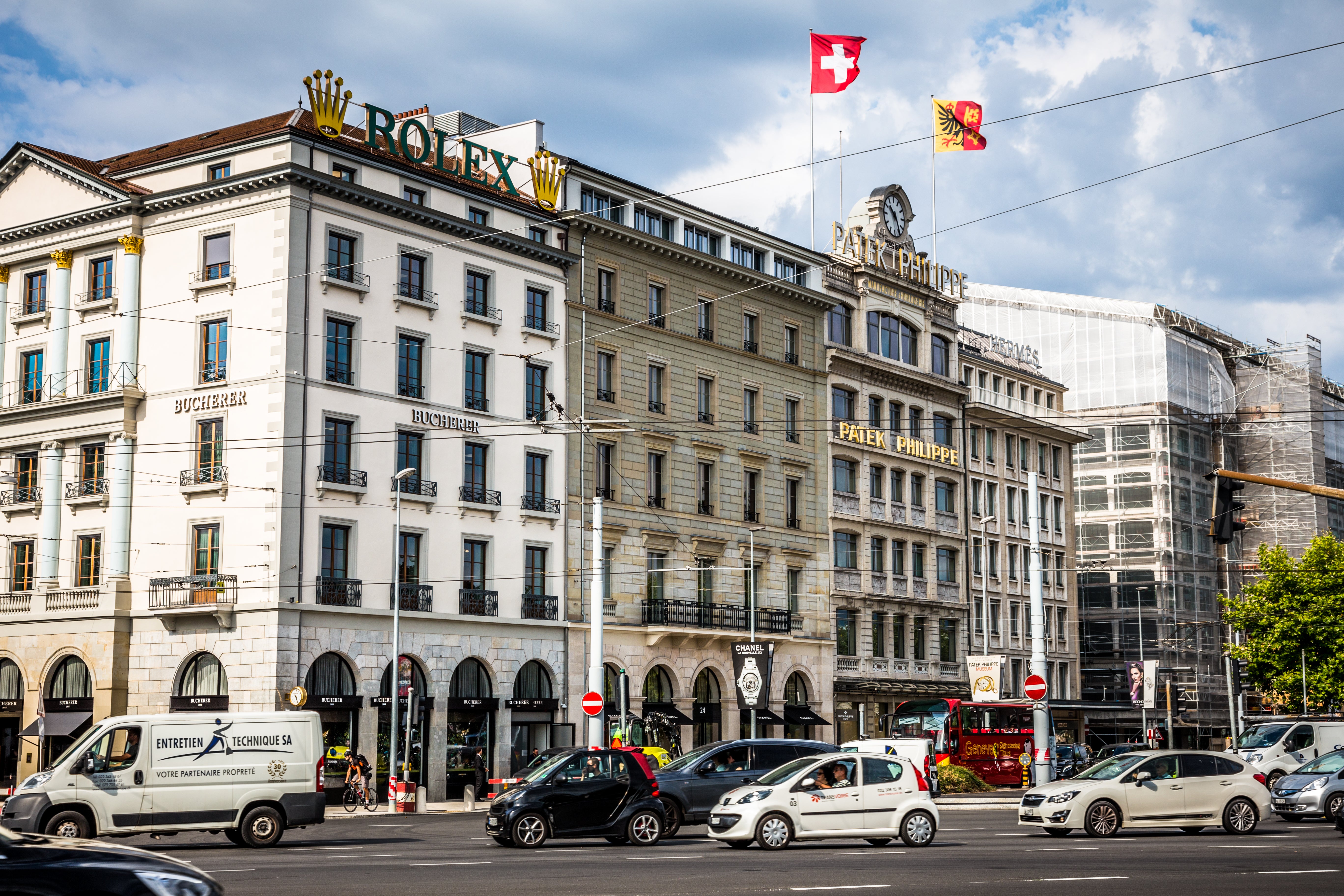Geneva to raise minimum wage to ‘highest in world’
Workers in the Swiss city, where cost of living is high, now guaranteed at least £19.40 per hour

Your support helps us to tell the story
From reproductive rights to climate change to Big Tech, The Independent is on the ground when the story is developing. Whether it's investigating the financials of Elon Musk's pro-Trump PAC or producing our latest documentary, 'The A Word', which shines a light on the American women fighting for reproductive rights, we know how important it is to parse out the facts from the messaging.
At such a critical moment in US history, we need reporters on the ground. Your donation allows us to keep sending journalists to speak to both sides of the story.
The Independent is trusted by Americans across the entire political spectrum. And unlike many other quality news outlets, we choose not to lock Americans out of our reporting and analysis with paywalls. We believe quality journalism should be available to everyone, paid for by those who can afford it.
Your support makes all the difference.Voters in Geneva have approved a proposal to introduce a minimum wage of almost £3,500 month, believed to be the highest in the world, in a referendum.
Every worker in the expensive Swiss city and its surrounding region will now receive at least 23 francs (£19.40) an hour – a surprise change that had previously been twice rejected by the local electorate.
The new wage is more than double the minimum in Britain, currently £8.72 for people aged 25 and over. France, which shares a border with Geneva, sets a base hourly pay of around £9.20.
Despite resistance from the left-leaning regional government and the leading opposition parties, 52.8 per cent of Geneva’s residents came out in favour of the trade union-backed initiative on Sunday.
Campaigners argued that the economic impact of the coronavirus pandemic, with the city’s vital tourism and conferencing sectors hard, exposed a growing gap between rich and poor in Geneva.
They argued a salary rise for low-paid workers would allow them to lead “more dignified” lives and act as a “step towards equality”, with women making up two thirds of beneficiaries.
Rent for a two-bedroom flat is typically at least £2,500 a month, while the average coffee costs over £3.50.
Switzerland does not have a national minimum wage but its semi-autonomous counties, known as cantons, can set their own. The French-speaking cantons of Jura and Neuchâtel already had slightly lower rates in place, though they are still higher than in most countries.
The ballot took place within Switzerland’s renowned system of partial direct democracy. On a national level, the country is to give new fathers two weeks’ paid leave for the first time.


Join our commenting forum
Join thought-provoking conversations, follow other Independent readers and see their replies
Comments